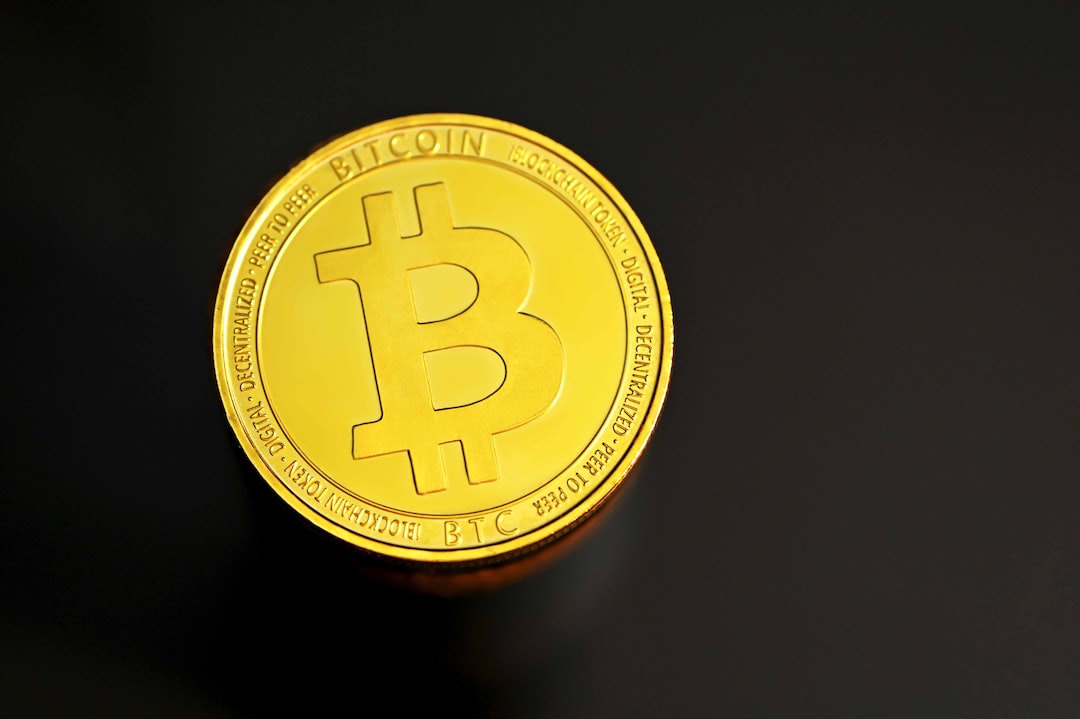EU Officials Agree on New Crypto Regulations Allowing Confiscation of Criminal Assets
European Union officials have reached an agreement on new crypto regulations that will grant member states expanded powers to freeze and confiscate assets suspected of being tied to criminal activities. The rules would establish mandatory procedures for identifying, tracing, freezing, managing, and confiscating property and funds deemed to be the proceeds of crime, even if they have been transferred to third parties.
Confiscation of ‘Unexplained Wealth’ Identified During Investigations
An important provision in the regulations is the ability to confiscate property not clearly linked to a crime but identified during an investigation and believed to be derived from criminal activities. Courts must be convinced that the assets originated from crimes committed by organized groups generating economic benefit. The agreement pays special attention to procedural safeguards.
Enhancing Tools Against Growing Criminal Threats
The agreement follows rising concerns over cybercrime, money laundering, and other illicit finance connected to cryptocurrencies. Nations are under pressure to modernize regulations accordingly. Key figures in the United States, such as Senator Elizabeth Warren and Coinbase, are also advocating for crypto regulations to prevent illicit uses.
Formal Approval and Transposition into National Law
The EU Council will seek formal approval of the crypto regulation before final adoption by the European Parliament. If passed, member countries will have 18 months to transpose the new rules into national law.
Hot Take: Expanded Powers Grant Governments More Control Over Crypto Assets
The new EU crypto regulations represent a significant development in the fight against criminal activities involving cryptocurrencies. By granting expanded powers to member states, governments now have the ability to freeze and confiscate assets suspected of being tied to crimes. This includes the confiscation of unexplained wealth identified during investigations. While procedural safeguards are in place to protect civil liberties, the regulations provide states with substantial new leeway. The agreement reflects the growing concern over cybercrime and money laundering in connection with cryptocurrencies, and countries are under pressure to modernize their regulations accordingly.





 By
By
 By
By
 By
By

 By
By
 By
By